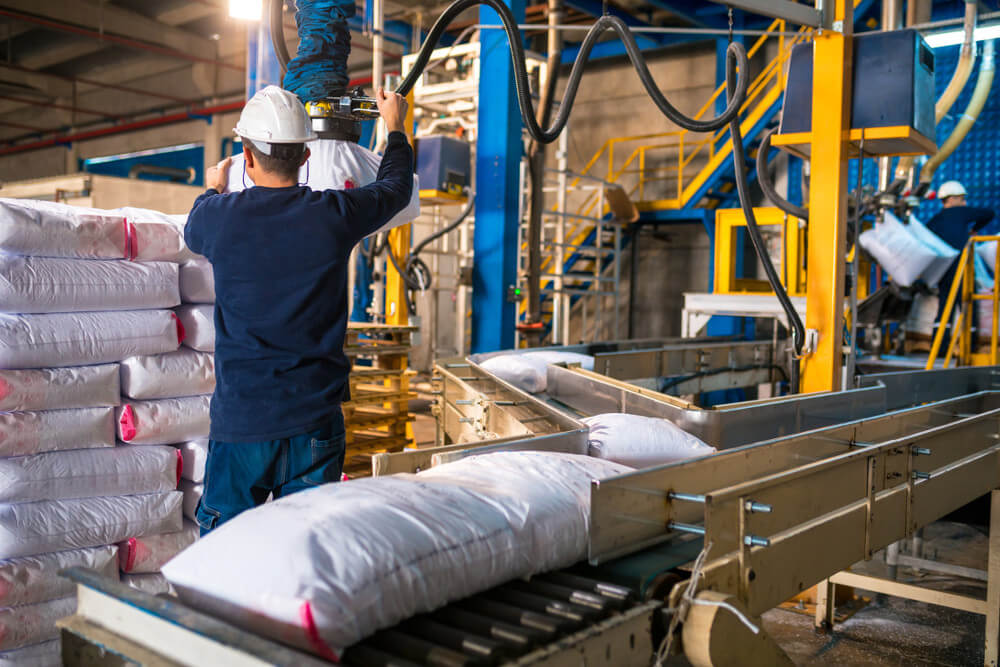Fertilizers

The fertilizers industry plays a vital role in global agriculture
The fertilizers industry plays a vital role in global agriculture by providing the necessary nutrients to crops for optimal growth and yield. Fertilizers can be classified into two main categories: organic and inorganic. Organic fertilizers are derived from natural sources such as animal manure, compost, and plant remains, while inorganic fertilizers are typically produced through chemical processes using minerals and other synthetic materials. The use of fertilizers has dramatically increased crop yields and food production, making it an essential component of modern agriculture. However, the fertilizers industry also faces challenges related to sustainability, environmental impact, and the efficient use of resources. As such, there is a growing interest in developing and promoting sustainable fertilizer practices to ensure the long-term health of agricultural ecosystems.
Most common used pipes, fittings and flanges
The most commonly used pipes in industrial applications are steel pipes, which are known for their strength, durability, and resistance to corrosion. Stainless steel, carbon steel, and galvanized steel are all popular choices for different applications. Plastic pipes, such as PVC and CPVC, are also commonly used in various industries, including plumbing, water treatment, and chemical processing. Fittings are used to connect pipes of different sizes and shapes, and they come in a variety of materials, including steel, plastic, and brass. Some of the most commonly used fittings include elbows, tees, couplings, and reducers. Flanges are used to connect pipes to other equipment or to seal off the end of a pipe. They are commonly made from materials such as steel, stainless steel, and aluminum. Weld neck, slip-on, and threaded flanges are some of the most common types of flanges used in industrial applications. In addition to these materials, copper, brass, and other alloys may also be used for pipes, fittings, and flanges depending on the specific application and requirements.
Most common used Valves in the fertilizers industry
Valves play a critical role in the fertilizers industry by controlling the flow of fluids and gases through various stages of the production process. Some of the most commonly used valves in the fertilizers industry include: Ball valves: Ball valves are a popular choice for fertilizer production because they provide tight shutoff and can handle high-pressure applications. They are often used for controlling the flow of ammonia, nitric acid, and other chemicals. Gate valves: Gate valves are often used in fertilizer production for their ability to provide full shutoff and low fluid resistance. They are commonly used for handling viscous liquids and slurries. Globe valves: Globe valves are used in applications that require precise control of fluid flow, such as regulating the flow of steam or controlling the flow of acid in a chemical reaction. Check valves: Check valves are used to prevent backflow in pipes, ensuring that fluids flow in one direction only. They are commonly used in fertilizer production to prevent contamination and protect equipment. Diaphragm valves: Diaphragm valves are used for controlling the flow of highly corrosive fluids and gases. They are often used for handling acids and other aggressive chemicals. The specific type of valve used in the fertilizers industry depends on the specific application and the materials being transported. It's important to carefully consider the properties of the fluid or gas being handled, as well as the pressure and temperature requirements, when selecting the appropriate valve for a given application.
Interested in our services?
Get in touch!
Make an inquiry and we'll assist as soon as possible.

Mark Tempelaar
Sales Manager